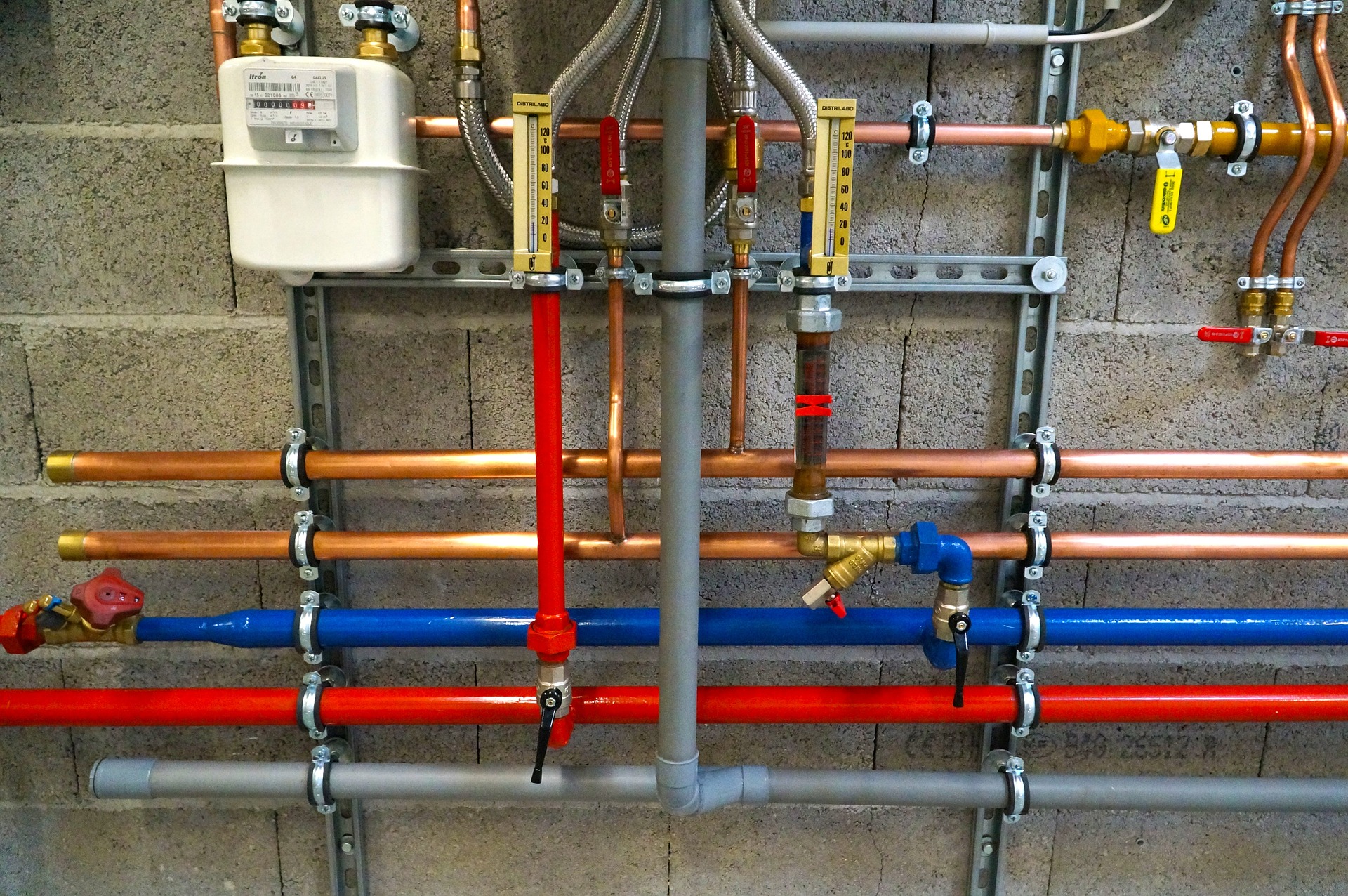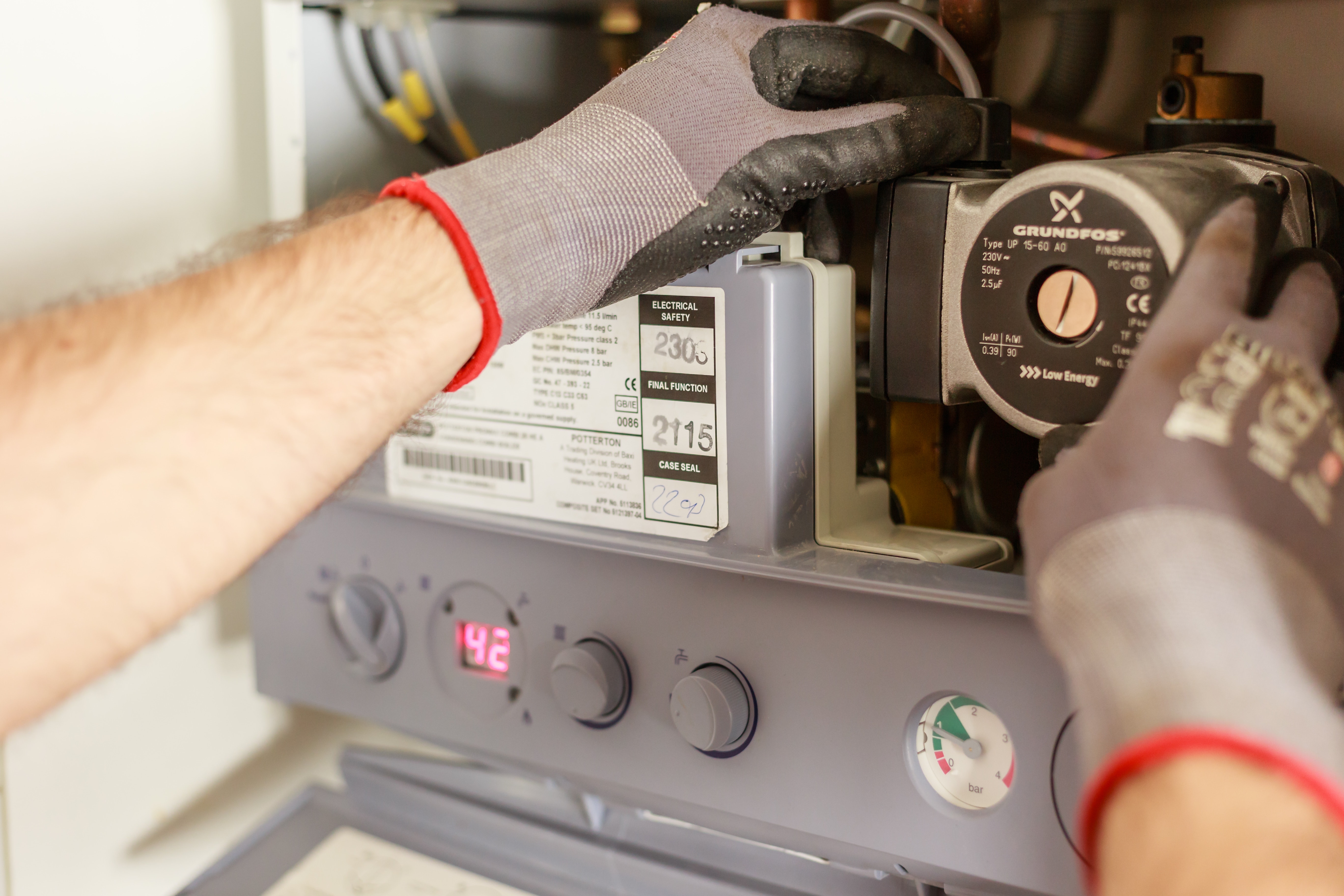As homeowners, we often take our water heaters for granted. We assume that it will always function perfectly, providing hot water whenever we need it. However, we tend to forget that our water heaters require proper maintenance and attention to guarantee their longevity and efficient performance.
One of the essential aspects of proper maintenance is setting the right temperature for your water heater. Water heaters are designed to heat the water to a specific temperature, and if it isn’t done correctly, it could lead to increased energy bills and even damage to your unit.
So, what is the most efficient temperature for a water heater?
The general rule of thumb is that the most efficient water heater temperature is between 120°F and 140°F. This temperature range ensures that the hot water is hot enough for your daily needs without overheating the water and resulting in high energy bills.

Let’s talk about why it is essential to maintain the ideal temperature for your water heater and how it affects its performance.
Energy Efficiency
Setting your water heater at the right temperature is critical when it comes to energy efficiency. If the water heater is too hot, it will consume more energy, resulting in higher energy bills than necessary. On the other hand, if the water is too cold, it may not be hot enough to meet your daily needs. Hence, finding the sweet spot of 120°F to 140°F is optimal for efficient energy consumption.
Reduced Risk of Scalding
Another crucial reason for setting your water heater at the right temperature is safety. If the water temperature is too high, it increases the risk of scalding, which can lead to severe injuries. Thus, keeping the temperature at the recommended range reduces the risk of scalding and ensures the safety of your loved ones.

Prolongs Your Water Heater’s Lifespan
When you set your water heater at the right temperature, it will operate more efficiently, resulting in a longer lifespan for your water heater. If you set the temperature too high, the extra heat can cause wear and tear on the internal components of your water heater, leading to damage, leaks, and shorter lifespan.
Lower Mineral Buildup
Setting your water heater at the right temperature can also prevent mineral buildup in your pipes and the water heater. When the water temperature is too low, minerals accumulate more quickly, resulting in more significant buildup over time, which can damage the interior of the water heater and reduce its lifespan.
What Temperature Should I Set My Water Heater?
The temperature at which you set your water heater depends on your specific needs, such as the size of your household, how frequently you need hot water, and the type of water heater you have.
If you have a tankless water heater, you should set the temperature on its control panel. For best results, it is recommended to keep the temperature at 120°F. For a traditional tank water heater, set the temperature dial to medium or around 140°F. It is highly recommendable to have a professional plumber assist you in adjusting the temperature on your water heater for safety and convenience.
Conclusion
In conclusion, the ideal temperature for a water heater is between 120°F to 140°F. It is critical to pay attention to the temperature setting of your water heater for energy efficiency, safety, and longevity. Regular maintenance and professional help can go a long way in ensuring that your water heater is running correctly, providing heat when you need it, and ultimately helping you save on energy bills. If you’re having trouble with your water heater or need professional help, call the experts at Ace Plumbing Repair at (844) 711-1590 or visit our website at aceplumbingrepair.com.






